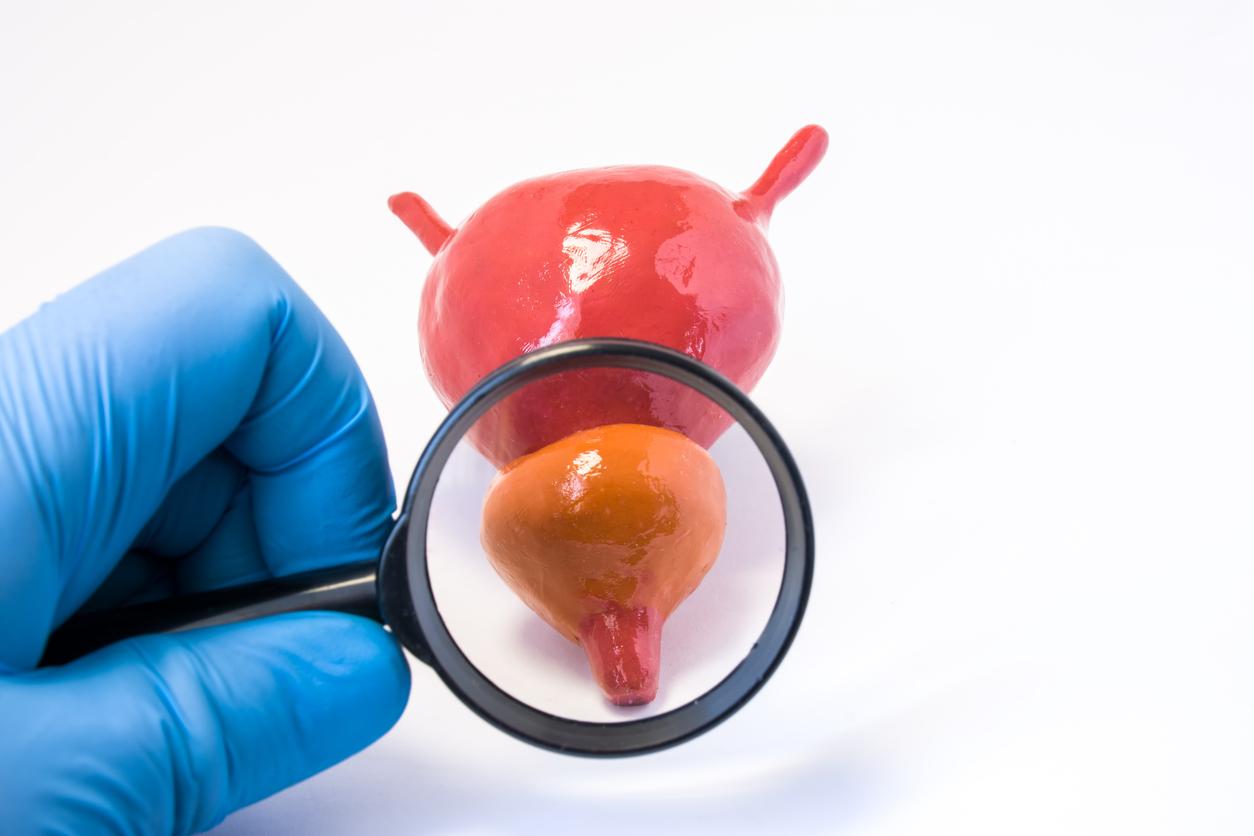We are not all equal in the face of the coronavirus. And for good reason, researchers have recently discovered that some people do not suffer from a severe form of the disease because they are carriers of a protective gene, called “OAS-1”.

- Patients, who would not develop a severe form of Covid-19, would be carriers of the “OAS-1” gene.
- In the presence of the coronavirus, this DNA fragment would tell the body to make a protein to break down the virus.
Advanced age, diabetes, obesity, cardiovascular disease… These various factors favor the occurrence of a serious form of Covid-19. However, it has happened that some people considered vulnerable, because they had comorbidities, had few symptoms and did not end up in intensive care after a coronavirus infection. But how to explain this difference in reaction according to the patients? Scientists have provided some answers in a study published in the journal Nature Genetics January 13. They learned that some would carry a protective DNA fragment.
“Previous studies focusing primarily on people of European descent found that individuals carrying a particular DNA segment had a 20% reduced risk of developing severe Covid-19 infection,” can we read in a press release from McGill University in Canada.
The “OAS-1” gene would protect against serious forms
Based on his knowledge, the researchers examined the records of 20,779 hospitalized patients, including people of African and European descent. After this analysis, they found that the gene called “OAS-1” would prevent some patients from developing a severe form of Covid-19. In the presence of the coronavirus, this genetic segment would tell the body to make a protein to break down the virus. Previous work has shown that the longer the protein, the more efficient it is at breaking down SARS-CoV-2.
According to the results, 80% of people of African origin were carriers of the protective fragment. “The fact that people of African descent had the same protection allowed us to identify the segment of DNA that actually protects against Covid-19 infection,” explained Jennifer Huffman, author of the study.
“This study shows how important it is to include people from different backgrounds. If we had only studied one group, we would not have been able to identify the DNA fragment,” said Hugo Zeberg, a Swedish professor and author of the work. Brent Richard, a professor at McGill University, said the discovery was “essential for developing new drugs against Covid-19”.
.














